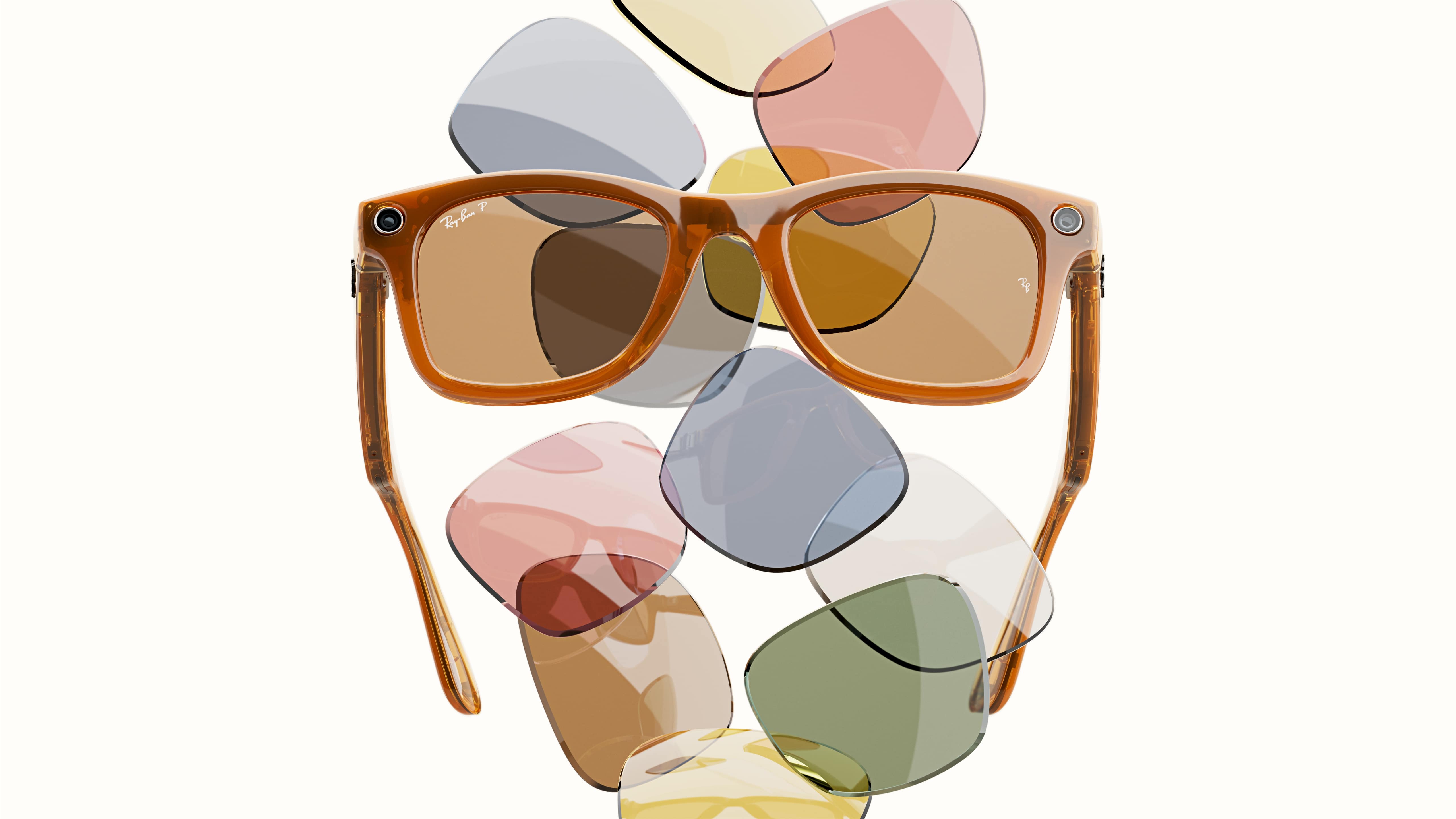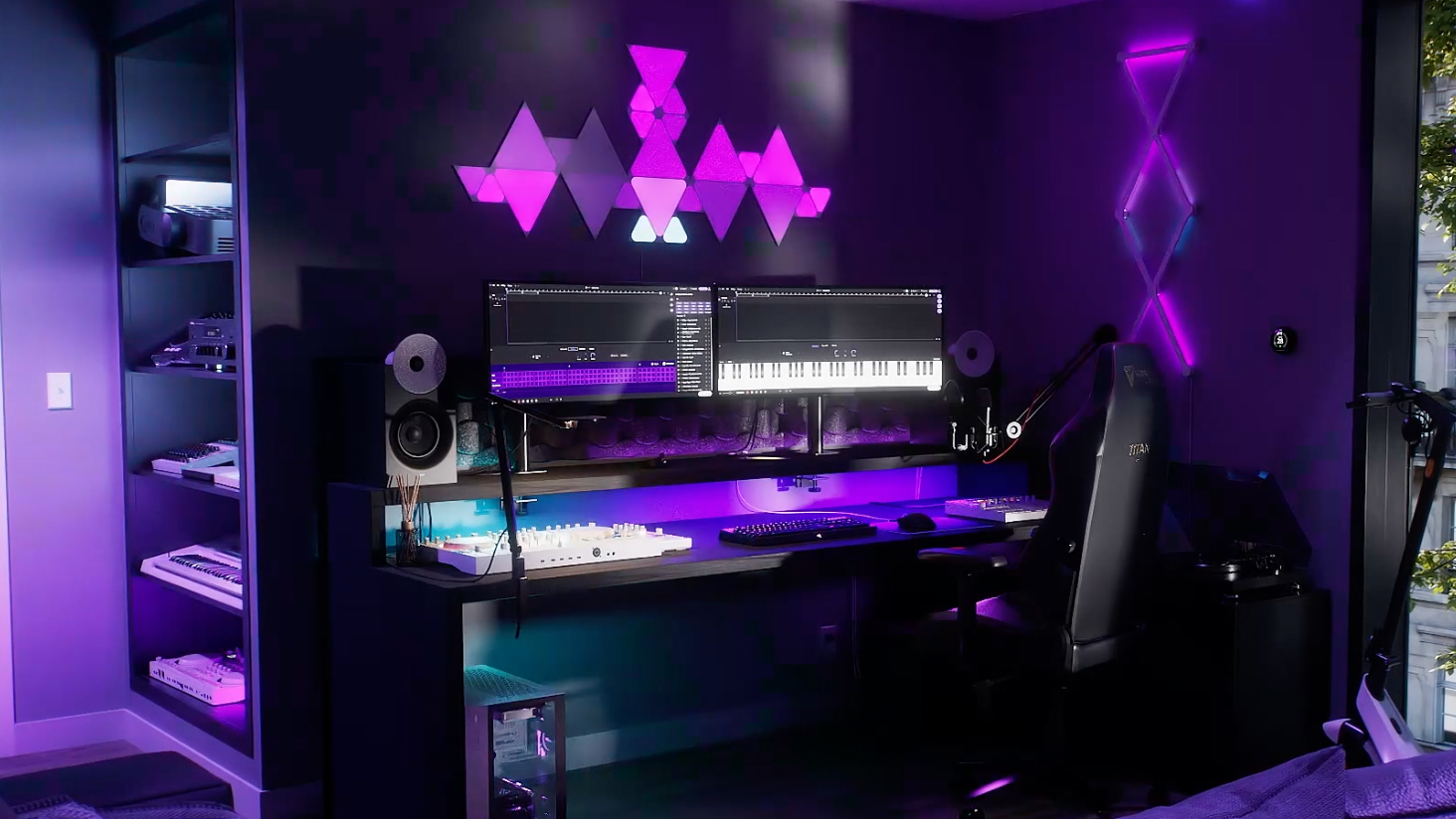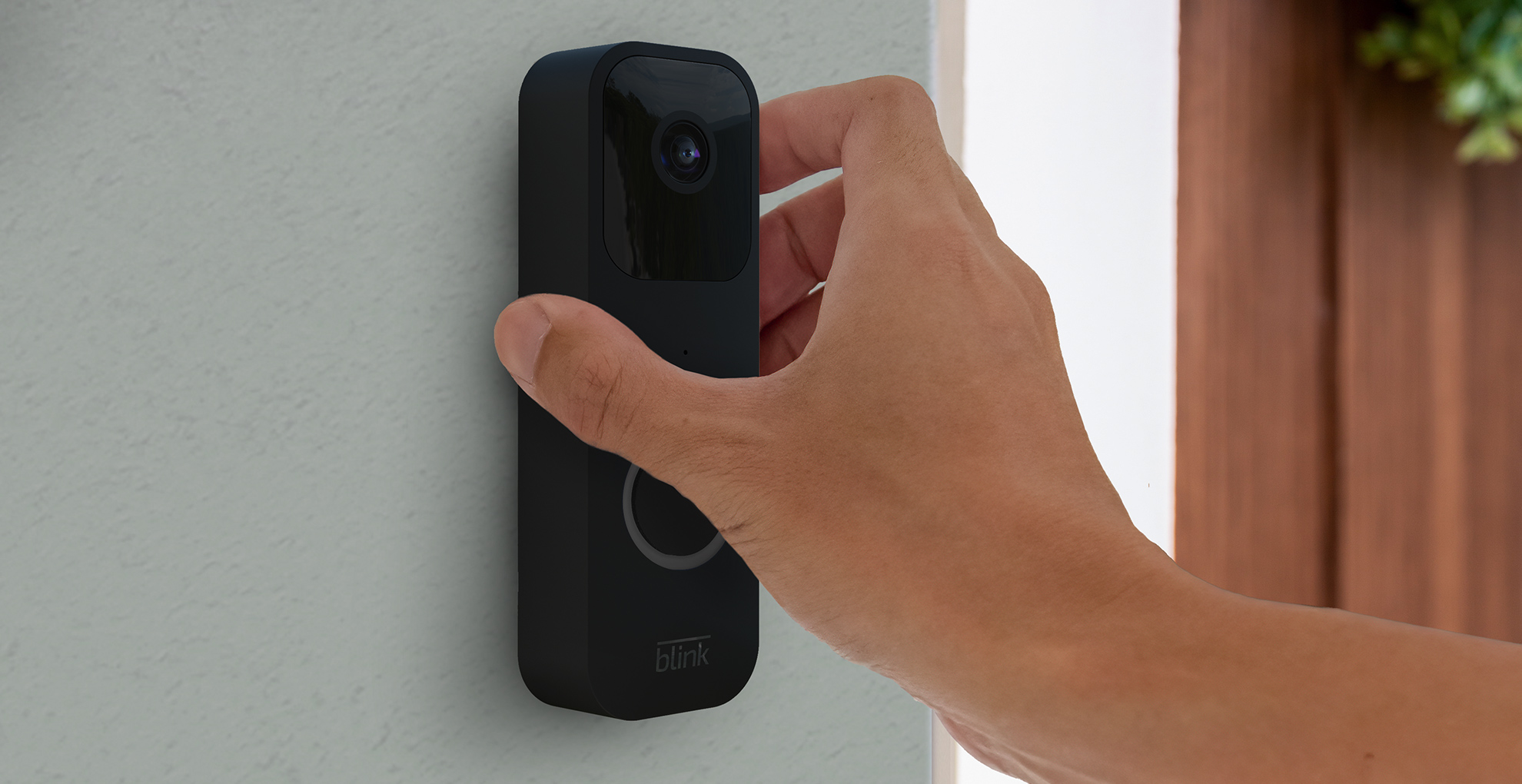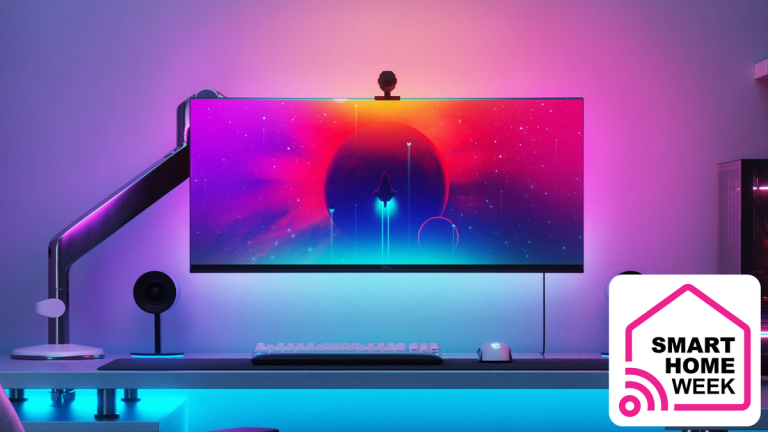One of the things I've learned after working at TechRadar for over three years is that there's a lot of amazing technology out there, and one of the most interesting (and simultaneously terrifying) advancements we're seeing at the moment is artificial intelligence.
There's Ray-Ban sunglasses that use AI to take photos and answer questions, the AI-controlled Brisk It grill that cooks barbecued meats with little to no human intervention, and the Earzz listening device that uses AI to notify you of everything from the doorbell to a crying baby.
While some AI technology can be genuinely helpful to people, other gadgets (such as the ever-controversial Rabbit R1 ) show that just because something is cool doesn't mean it will necessarily improve our lives in any meaningful or even trivial way.
Nanoleaf CEO Gimmy Chu is well aware of this, and his smart lighting company is exploring how new AI-powered frontiers could change our relationship with smart home technology.

Ray-Ban's smart glasses are fashionable and functional, but others get it wrong (Image credit: Meta)
“The vision for the smart home has always been Iron Man and Jarvis. Instead of the basic voice commands we have today, this superintelligence actually controls things for you.”
“AI continues to evolve and we are already starting to see how it can be used to control different things in the home, but we are still at the beginning,” Chu said, adding, “The key is to make sure it is something that will actually be useful to our customers.”
So while Nanoleaf is certainly exploring the application of AI to its products, for Chu the main focus is on more immediate, practical enhancements, like immersive entertainment that users can enjoy right now.
What's next for Nanoleaf?

A fusion of light and sound (Image provided by Nanoleaf)
This approach started with the Nanoleaf 4D system, an affordable alternative to Philips Ambilight that features a light strip behind your TV that lights up to match the colors on your screen, and best of all, it can be synced with other Nanoleaf lights for maximum immersion.
More recently, the company has expanded into music synchronization software, using services like Orchestrator and the built-in microphones in some of its hardware to create real-time audio-visual experiences, and Chu excitedly promised some exciting announcements in this particular area “in the coming months.”
Nanoleaf is also expanding outside the home with its Matter-enabled outdoor string lights. They come in both white and multicoloured lighting options, and although they're currently mains-powered, we can't help but feel that future versions will see a return to Nanoleaf's solar-powered origins.
Chu explained that Nanoleaf's founders met through a solar car team at the University of Toronto and started out as a solar-power focused company before pivoting to lighting. Chu wouldn't confirm or deny that solar-powered lighting was planned, but acknowledged that “it's definitely an area where we have expertise.”
Functionality over fashion

Did I really need a video doorbell? (Image credit: Amazon Blink)
As with any AI-enhanced technology, Chu's advice to prioritize utility over coolness is an approach other smart home device makers should adopt — and one we should all think more carefully about when considering what to buy, especially as sales events like Amazon Prime Day 2024 approach, when smart home gadgets of varying usefulness are getting heavily discounted.
Now, that's not to say we enjoy spending a ton of money on unnecessary gadgets, but we've all wished we'd thought a little harder before making a purchase at the last minute.
A recent example is the video doorbell upgrade I bought for my home. Sure, a video doorbell has its advantages, like phone alerts so you don't miss someone at your door and a camera that's always watching provides a little extra security. But I'll be honest: a non-video doorbell might have been a better fit for me. I don't have a great view from where I installed it, and I'm sure I would have been better off choosing a camera separate from the doorbell, even if this solution isn't as “cool.”

